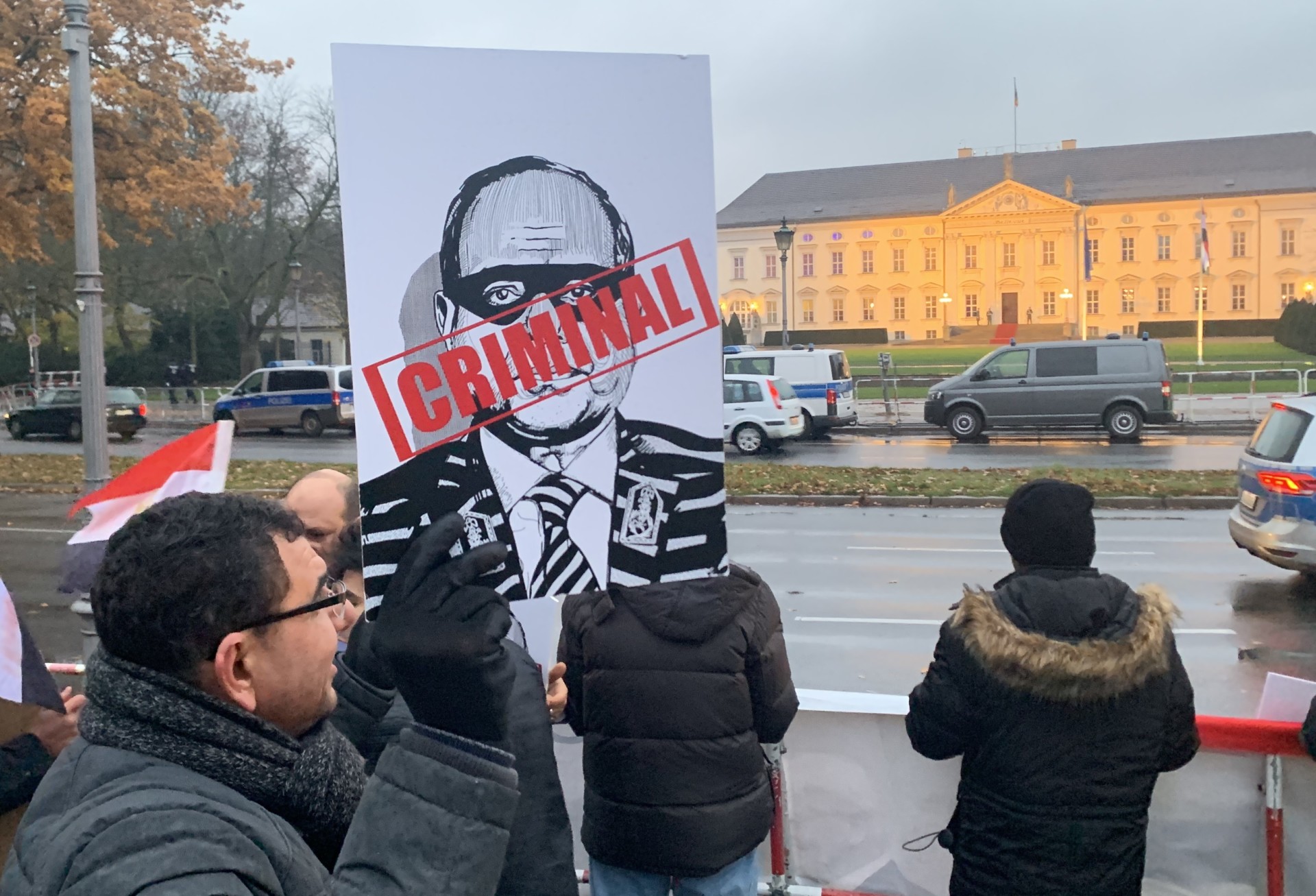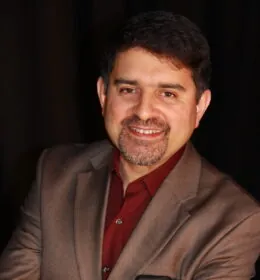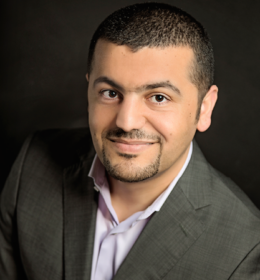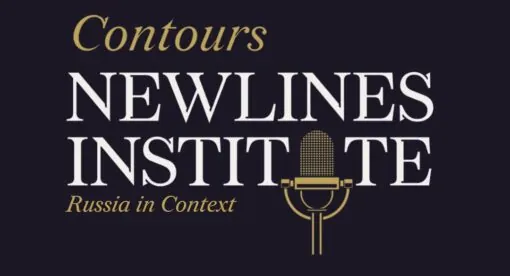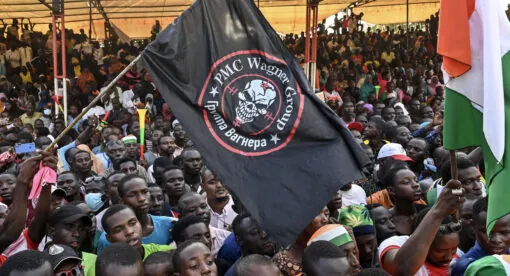Since its tumultuous birth after the coup in 1952, the modern Egyptian republic has been a battleground in the struggle between a military-dominated secular regime and Islamism, most prominently represented by the world oldest Islamist movement, the Muslim Brotherhood (MB). What has suffered in this historical struggle is the process of democratization. This dynamic was all too clear in the sequence of events between the February 2011 fall of longtime dictator Hosni Mubarak and the coup that brought the current military leader, Abdel Fattah El-Sisi, to power in July 2013. Over the past six years, most of the people’s attention — and ire — has been directed toward one side of the autocratic equation: the regime.
In contrast, the Brotherhood has gained a certain degree of sympathy, given the massive crackdown it has had to endure. In light of the recent outbreak of protests against El-Sisi, however, it is important to remember that the Brotherhood is also an autocratic force. This was evident with the way it ruled for a year during the short-lived presidency of its late leader Mohamed Morsi.
The Brotherhood in Government
When the Arab Spring broke out, there was an understandable expectation that it would put the region on the path toward democratization. After all, the outbreak of public agitation was led by youth groups seeking political economic reform. Many in the West thought that this was a movement spearheaded by liberals, which it initially was. However, soon the organized opposition, in particular the Muslim Brotherhood (a latecomer to the uprising), was able to take advantage of the unprecedented situation where the military forced Mubarak to step down and paved the way for free and fair elections. Other, smaller Islamist groups such as the Salafist party, Hizb al-Nour, also emerged from this political environment in flux. However, as the parliamentary elections later that year showed, the Muslim Brotherhood emerged as the largest political force in the country.
By this time, it was clear that the liberal democrats who had launched the Arab Spring were no longer its vanguard. They had been replaced by the more organized Islamists who saw the moment as an opportunity to advance their goals of establishing an Islamic state. This was partly because historically, the Egyptian state has been secularist and the main opposition Islamist – a dynamic which has prevented secular opposition forces from expanding their influence. As a result autocratic tendencies have remained strong on both sides of the ideological divide.
The Brotherhood pursued an undemocratic path after it became the biggest beneficiary of the Arab Spring uprising. After winning a majority of seats in Parliament and the June 2012 presidential elections the Islamist movement began operating from a highly majoritarian view of democracy. The Brotherhood shunned consensus with its political opponents even though the former president narrowly won the vote with a 51.7 percent. The Brotherhood was not going to reach out to its secular opponents in matters of governance or while framing the new constitution; it also alienated those non-Islamists who voted for Morsi and even fellow Islamists, e.g., the Nour party, which had come in second place in the legislative polls.
The only actor that the Brotherhood sought to play ball with was the military, because it had been its historical nemesis and thus continued to perceive it as a threat to its objectives. The MB, therefore, gave the military what it wanted via the 2012 Constitution. Elsewhere, the Brotherhood largely adopted a go-it-alone approach, sidelining all other actors in both the state and civil society, which led to the rise of the Tamarod movement, backed by powerful elements within the Egyptian security establishment, in June 2013. The MB’s unwillingness to compromise with the opposition seeking fresh elections and a review of the constitutional amendments made by the Brotherhood created the standoff that led to the coup that brought El-Sisi to power.
Future Expectations
This performance by the Brotherhood is critical in understanding how we can expect it to behave, especially now that El-Sisi’s government might be weakening. The recent protests over corruption allegations certainly suggest that it will be tough for El-Sisi to retain power for long. Besides, military rulers come to power quickly via coups but then they have no exit strategy. They hold farcical elections designed to get the top general elected into office and then keep him there with hardly any planning to transition to civilian governance.
Like most typical military leaders, El-Sisi plans to stay in power for as long as he can. In the meantime, the regime he is leading is trying to weaken the Brotherhood as much as possible. This strategy is built on the assumption that economic conditions will remain stable. It does not take into account the fact that El-Sisi can overstay his welcome, especially in a post-Arab Spring environment where even low levels of economic pain can lead to sustained protests and unrest.
The military would likely deal with such a scenario in broadly the same way that it dealt with the 2011 crisis. Like Mubarak, El-Sisi will be asked to step down, and the Supreme Council of the Armed Forces will once again step in to stabilize the situation by holding fresh elections. And this brings us back to the question of the Brotherhood. Despite the suppression that the movement has faced, it will still likely be a stakeholder in a post-Sisi setup – though the regime is trying to reduce its future stake.
The question now is whether the Brotherhood will behave differently than it did in the aftermath of Mubarak’s ouster. What can be said with some certainty is that ideological and behavioral transformation takes place at a glacial speed, and authoritarianism breeds contempt among those at the receiving end. For now, the Brotherhood – despite being referred to as a moderate form of Islamism – has not demonstrated its commitment to democratic political values. Thus, the cycle and political divide will remain the same for quite some time to come.
Dr. Kamran Bokhari is Director of Analytical Development at the Newlines Institute. Dr. Bokhari is also a national security and foreign policy specialist at the University of Ottawa’s Professional Development Institute. Bokhari has also served as the Central Asia Studies Course Coordinator at U.S. Department of State’s Foreign Service Institute.
Hassan Hassan is the Director of the Human Security Unit at the Newlines Institute. He is also the Founder and Editor-in-Chief of Newlines Magazine, an initiative of the Newlines Institute. His research focuses on militant movements, nonviolent extremism, and geopolitics in the Middle East. Hassan has also served as a contributing writer at The Atlantic, The Guardian, and Foreign Policy.
The views expressed in this article are those of the author and not an official policy or position of the Newlines Institute.

